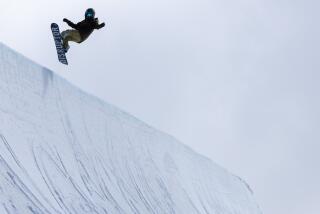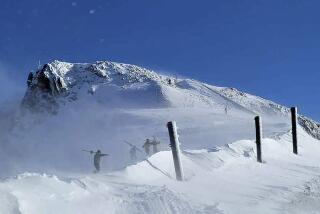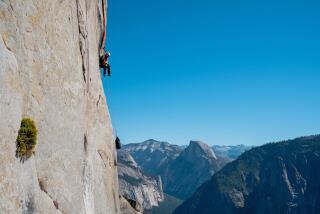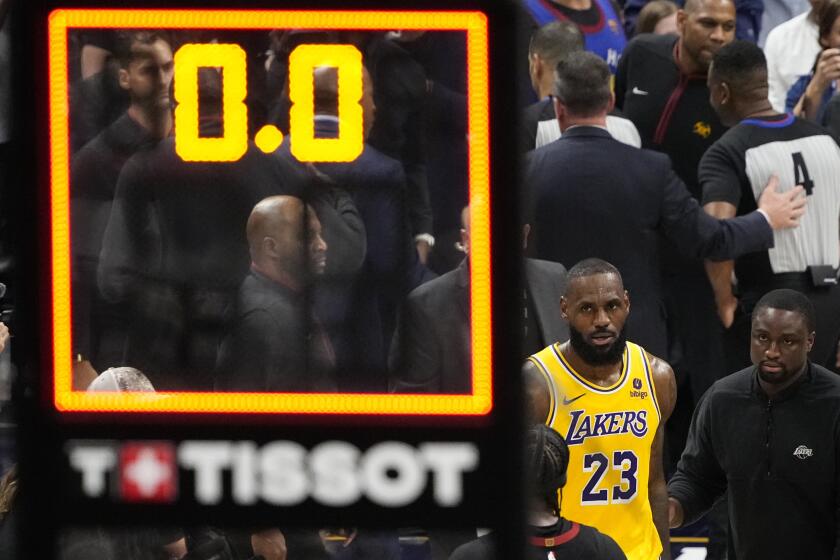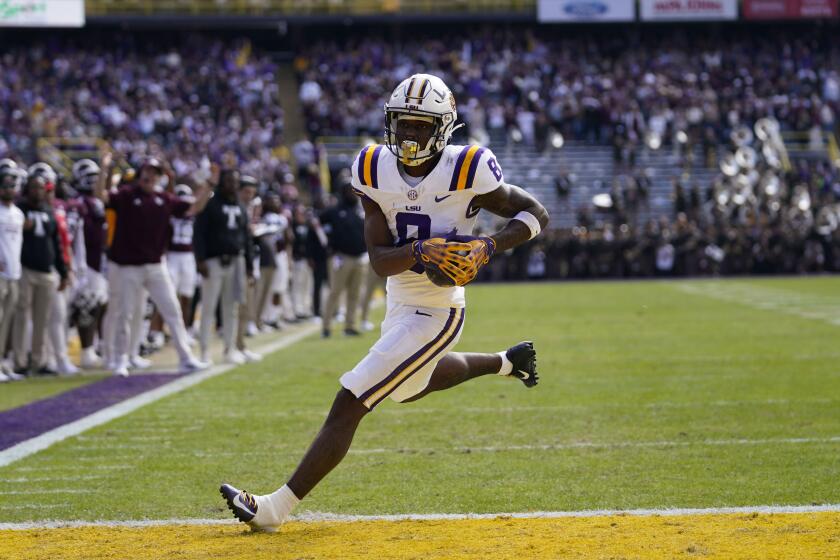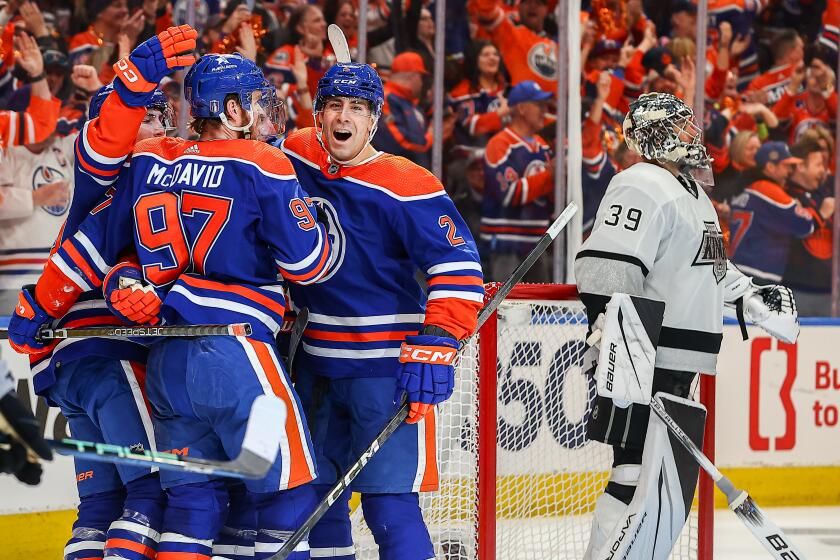U.S. alpine skier Ted Ligety struggles in giant slalom as Austrian Marcel Hirscher takes gold
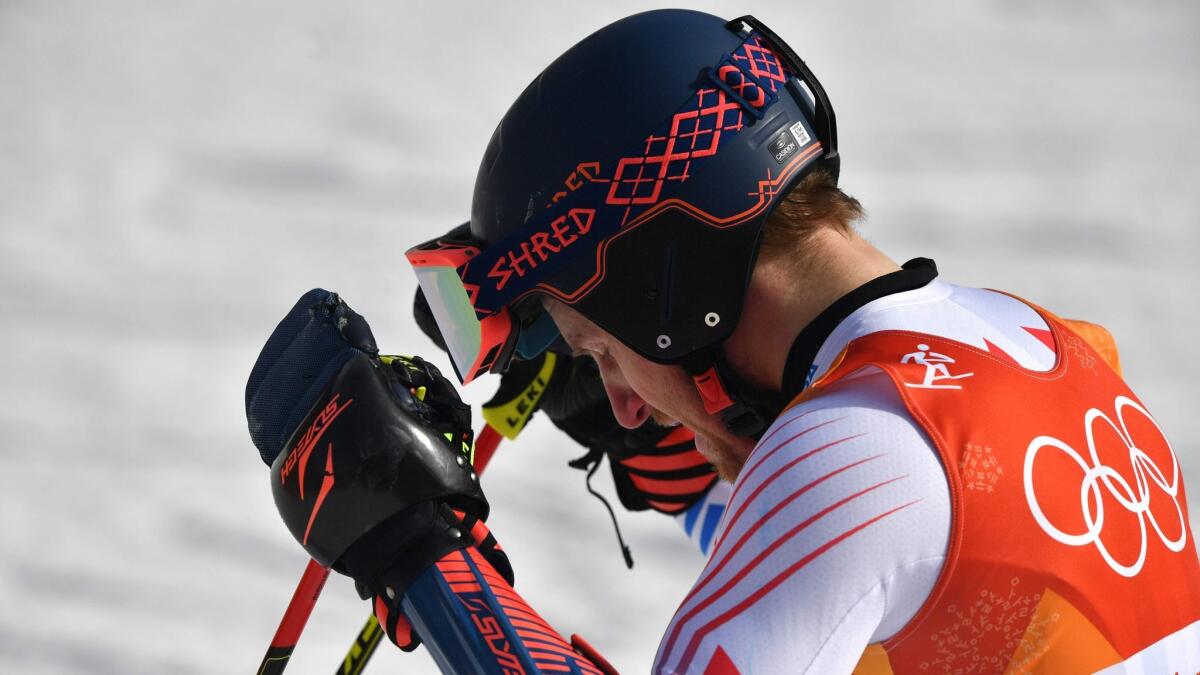
Ted Ligety’s battered body finally felt normal.
In the last four years, the most recognizable men’s alpine skier in the U.S. underwent surgery to insert four screws in his broken left wrist, fix a torn anterior cruciate ligament in his right knee and repair three herniated disks in his back that caused persistent nerve pain down his left leg.
“I am the healthiest I have felt in I don’t know how many years,” Ligety said shortly after arriving at the Pyeongchang Olympics.
But the newfound health hasn’t translated into the usual success for the 33-year-old from Park City, Utah, in the twilight of his career. Nicknamed “Mr. GS” because of his prowess in the giant slalom, Ligety failed to reach the podium in the event Sunday at theYongpyong Alpine Centre.
“I just didn’t attack the way I should’ve or could’ve,” he said.
Ligety couldn’t overcome an uncharacteristic first run down the course between stands of barren, scraggly trees. Yes, Austrian star Marcel Hirscher, coming off a gold medal in the combined event, set a blistering pace down the hill. But Ligety didn’t look like one of the greatest slalom skiers in history. He ranked 20th after the first run, 2.44 seconds behind Hirscher.
“I was really surprised when I saw the time,” Ligety said. “I didn’t feel like I crushed it, but I didn’t feel two and a half seconds back. … For me, I’m out of it.”
Despite minimal wind and temperatures that climbed above 30 degrees, 24 of the 110 competitors either crashed or were disqualified during the first session.
Ligety’s second run was marginally better, 0.17 seconds faster than his first try. He still trailed teammate Ryan Cochran-Siegle, who briefly took the lead after blazing through the course, by a half-second.
As expected, Hirscher won gold, finishing 1.27 seconds ahead of Norway’s Henrik Kristoffersen. France’s Alexis Pinturault took bronze.
The early gap made a medal all but impossible for Ligety in the event that, more than any other, became synonymous with the winner of 25 career World Cup races. He won five World Cup titles in the giant slalom and captured the gold medal in the event at the Sochi Olympics in 2014. He is one of three U.S. alpine skiers — Mikaela Shiffrin and Andrea Mead Lawrence are the others — with two career gold medals.
But Ligety, competing in his fourth Olympics, hasn’t won the giant slalom in a World Cup event since October 2015 in Solden, Austria. The injuries didn’t help.
Last month provided a glimmer of hope. He finished third in the event at Garmisch-Partenkirchen, Germany, in late January, his final race before the Olympics. Ligety’s performance had been mixed in Pyeongchang, placing fifth in the combined, 18th in the downhill and not finishing the super-G.
But the familiar course at the Yongpyong Alpine Centre, where he won a World Cup giant slalom in 2006, seemed to be an advantage.
“It’s a hill that suits me,” Ligety said.
Twitter: @nathanfenno
More to Read
Get our high school sports newsletter
Prep Rally is devoted to the SoCal high school sports experience, bringing you scores, stories and a behind-the-scenes look at what makes prep sports so popular.
You may occasionally receive promotional content from the Los Angeles Times.
